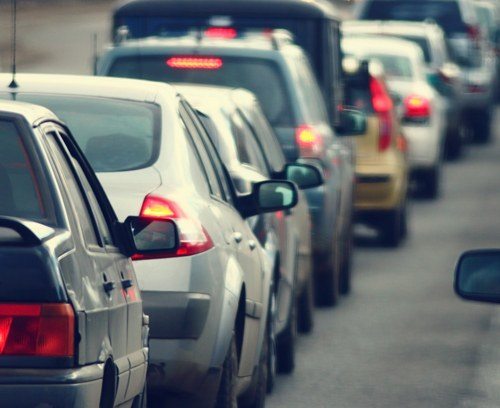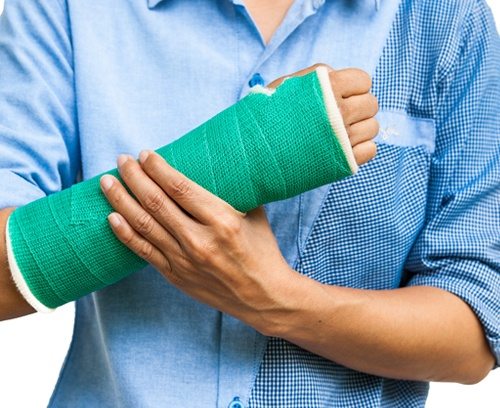PTSD after car accidents can make life difficult, both physically and emotionally. Physical injuries are usually easier to identify, but the emotional toll of an accident can often be as devastating. In fact, studies have shown that motor vehicle accident (MVA)-related post-traumatic stress disorder (PTSD) affects millions of people in the United States. If you or someone you know has been in a car accident and experiences symptoms of PTSD, you need to understand the symptoms and get help.
What is PTSD?
Post-traumatic stress disorder (PTSD) is a psychiatric disorder that can develop after a person experiences or witnesses a traumatic event. Car accidents are among the leading causes of PTSD in the civilian population. PTSD after car accidents can manifest in various ways and have a big impact on a person’s overall well-being.
Signs of PTSD After Car Accidents
It’s vital to recognize the signs of PTSD in order to get the right kind of treatment. Some common signs that someone may be experiencing PTSD after car accidents include:
Vivid Flashbacks: One of the hallmark symptoms of PTSD after car accidents is experiencing vivid flashbacks to the moment of the crash. These flashbacks can be distressing and may feel as if a victim is reliving the accident. Triggers such as smells or sounds associated with the accident can also bring on these flashbacks.
Avoidance: People with PTSD often try not to think or talk about the car crash. They may avoid discussing it with loved ones or even avoid certain places or activities that remind them of the accident. This avoidance can be a way of coping with the trauma but can also hinder the healing process.
Sleep Disturbances: Trouble sleeping is another common symptom of PTSD after car accidents. This can manifest as nightmares related to the accident, difficulty falling asleep, or staying asleep due to fear of the nightmares. Sleep disturbances can make other symptoms of PTSD worse and affect overall well-being.
Difficulty Concentrating: PTSD can affect a person’s ability to concentrate and focus on everyday tasks. The hyperactivity of the amygdala and reduced activity in the prefrontal cortex, both of which are associated with PTSD, can lead to decreased cognitive function and increased distractibility, which may affect job performance, relationships, and general quality of life.
Avoidance of Driving: Individuals with PTSD sometimes become afraid of driving or being a passenger in vehicles. They may take longer routes to avoid the scene of the accident or experience heightened anxiety while in a vehicle. This fear can significantly impact their ability to travel and engage in normal daily activities
Increased Startle Response: PTSD can heighten the body’s startle response, causing individuals to react more strongly to unexpected stimuli or loud noises. This heightened startle response can contribute to feelings of anxiety and hypervigilance.

PTSD after car accidents can also lead to feelings of numbness, depression, worthlessness, and difficulty engaging in activities that were once enjoyable. In severe cases, it may even lead to thoughts of self-harm or suicide. If you or someone you know is experiencing symptoms of PTSD after a car accident, it is important to seek help. PTSD after car accidents is a serious condition that can significantly affect your life and relationships, as well as overall well-being. It’s important to learn how to recognize the symptoms and reach out to mental health professionals for help.
For legal help to recover costs, call 407-846-2240 for a free consultation with an Orlando car accident attorney at the Martinez Manglardi personal injury law firm. Convenient locations throughout Central Florida, including Orlando, Kissimmee, Apopka, Palm Bay, Ocala, and Haines City.





